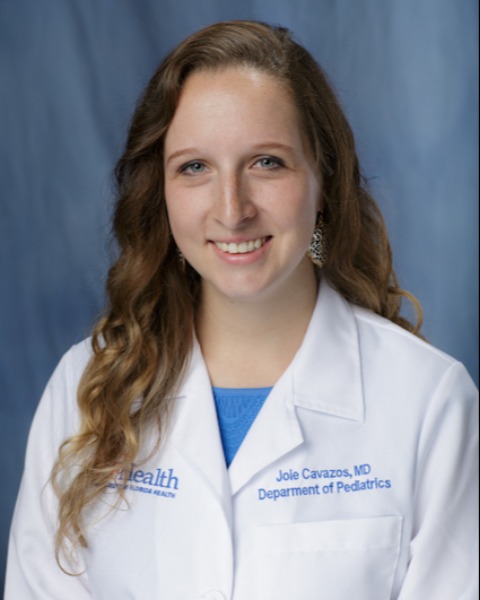Association of Enteral Nutrition and Dexmedetomidine Usage in Noninvasively Ventilated Children
-
.jpg)
Charlene Pringle, CPNP, FCCM (she/her/hers)
Pediatric Critical Care Nurse Practitioner
University of Florida
Gainesville, FloridaDisclosure information not submitted.
-

Joie Cavazos, MD
University of Florida Shands Children's Hospital
Gainesville, FloridaDisclosure information not submitted.
-
SF
Stephanie Filipp, MPH
Data Management Analyst, Department of Health Outcomes and Biomedical Informatics
University of Florida, United StatesDisclosure information not submitted.
-
MG
Matthew Gurka, PhD
Professor, Department of Health Outcomes and Biomedical Informatics
University of Florida, United StatesDisclosure information not submitted.
-
TB
Torrey Baines, MD
Clinical Assistant Professor
UF Health Shands Childrens Hospital, United StatesDisclosure information not submitted.
-
LA
Leslie Avery, MD, JD, MBA
Chief and Clinical Associate Professor, Department of Pediatrics, Critical Care Medicine
University of Florida, United StatesDisclosure information not submitted.
First Author(s)
Research Presenters(s)
Co-Author(s)
Title: Association of enteral nutrition and dexmedetomidine usage in non-invasively ventilated children
INTRODUCTION/HYPOTHESIS:
Despite rapid growth of non-invasive ventilation (NIV) use in children, little data exists regarding enteral nutrition (EN) and outcomes for patients on NIV. There is growing safety evidence in the PICU population for EN during NIV as well as for dexmedetomidine as the primary sedative of choice to improve tolerance of NIV. We aimed to bridge the gap between the EN evidence and the dexmedetomidine evidence for the first time, describing the potential association of EN with dexmedetomidine requirements for children supported with NIV for respiratory insufficiency/failure.
Methods:
A retrospective chart review was conducted of all children in our PICU acutely supported with NIV for at least 12 hours for a one-year period from April 1, 2019 - March 31, 2020. Data was collected until subjects were transferred out of PICU, weaned off NIV, required intubation, or completed a max of 7 study days; whichever came first. Statistical comparisons were made using t-tests and chi-square tests for continuous and categorical variables, respectively. Logistic regression was used to estimate independent associations with not requiring dexmedetomidine on day 0.
Results:
289 subjects were enrolled. 175/289 were fed on study day 0 (initiation of NIV). The number fed increased daily with all fed by day 4. For study day 0, there was a significant association between being fed and odds of not receiving dexmedetomidine: OR = 6.15 (95% CI [3.32,11.39] p < 0.0001) after adjusting for age, gender, and severity of illness (PICU LOS and PELOD2 score). Though some associations (age and PELOD2) reached statistical significance, their magnitude is not clinically meaningful. Remaining study days are undergoing analysis.
Conclusions: For critically ill children supported with NIV, there was a significant association with requirement of dexmedetomidine for patients who were not fed on day of initiation of NIV. A multi-center extension of this project is underway from the NutriNet subgroup of the PALISI research network. By expanding to other centers, we aim to reduce potential impact of local EN and sedation practices or protocols on the results.
